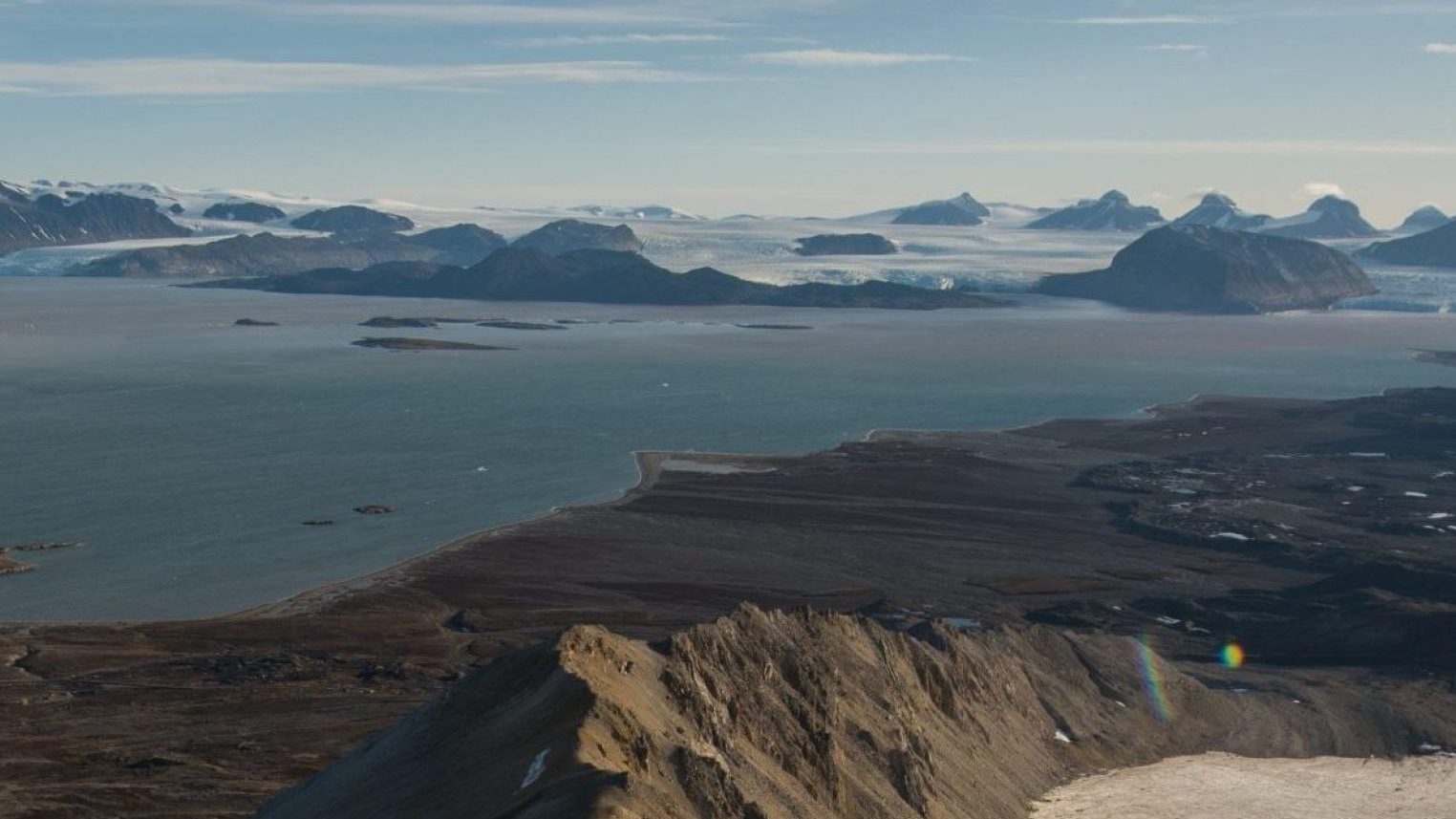#1 Greenhouse gas fluxes in a changing world – large scientific session with broad scope
This session focuses on greenhouse gases from all possible perspectives. Climate change generates complex effects on the carbon cycle in both terrestrial and marine systems. Changes in anthropogenic emissions driven for example by economics, lock-downs or government strategies occur. Long-term measurements of the greenhouse gas fluxes and greenhouse gas abundance are required for the assessment of the trends. Field, laboratory or model experiments help us to understand relevant processes. We here welcome contributions that address trends and extremes in greenhouse gases and the carbon cycle through a diversity of methods, including measurements and top-down or bottom-up modelling. Contributions that address interactions across the atmosphere, terrestrial biosphere and oceans are in particular welcome.
#2 The future of ICOS – emerging techniques and novel methods
This session focuses on potential future developments of ICOS. Measurement technologies and data analysis methods are rapidly advancing. At the same time, ICOS has been in existence for more than 10 years, so we now have a fair sense of the capacity of the existing network. In addition, complementary research infrastructures are continuously developed. Here, the aim is to highlight needs and opportunities for further developments and collaborations, which can help ensure the future comprehensiveness, efficiency and relevance of ICOS. We invite contributions on emerging or complementary measurements, independent constraints, novel data analysis methods including use of artificial intelligence, network design, and advances in stakeholder as well as general public interaction.
#3 Beyond science: ICOS in support of policy – the use of data for the benefit of society
This session will focus on the use of ICOS data for the benefit of society. Data from observations are fundamental to understanding the drivers of climate change and its consequences to society. ICOS data includes observations across the atmosphere, ocean and terrestrial domains. Communicating the science-based knowledge derived from these observations among scientists, policy makers and the public is one of the key tasks of ICOS. We welcome presentations that explore the use of ICOS data to inform and enhance policy responses and actions. In addition, abstracts suggesting how to improve communication between scientists and society are very welcome.
